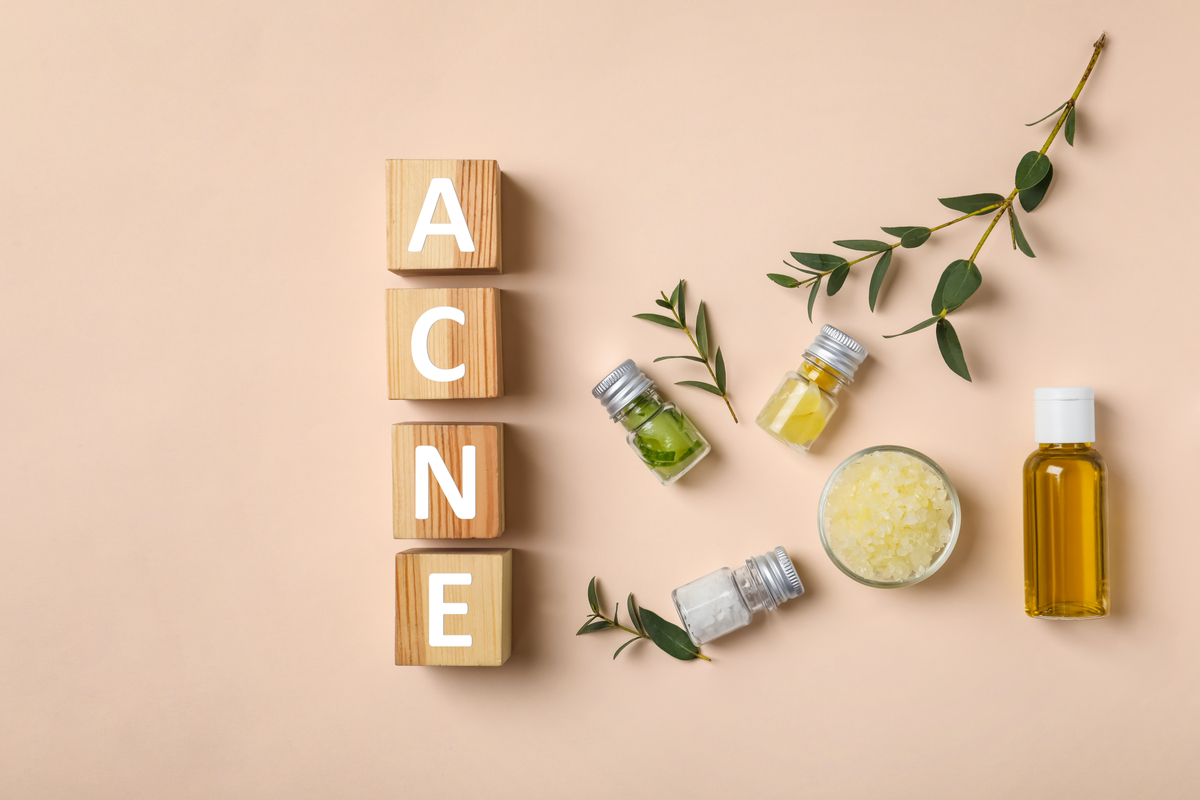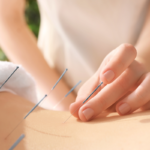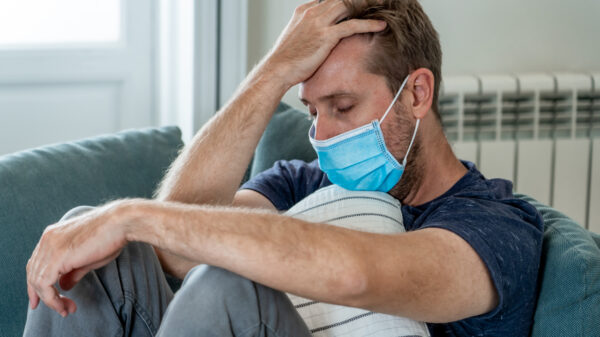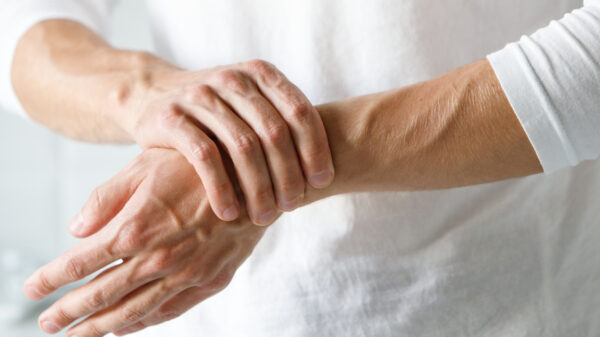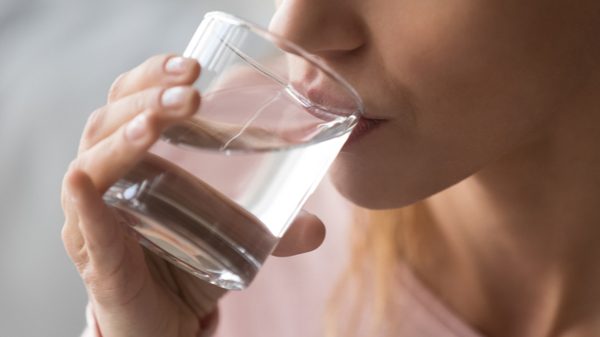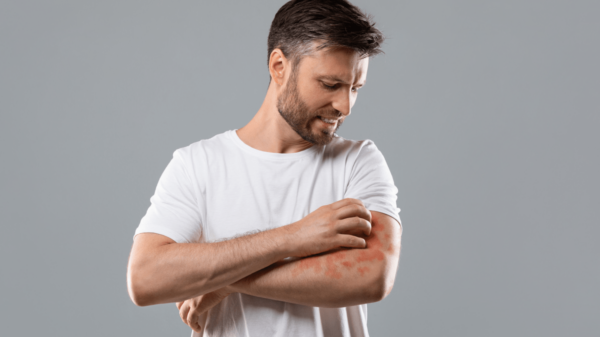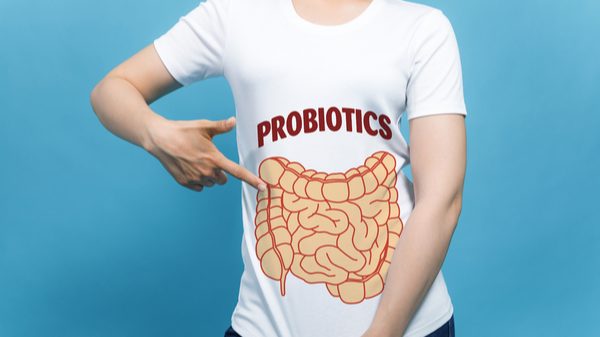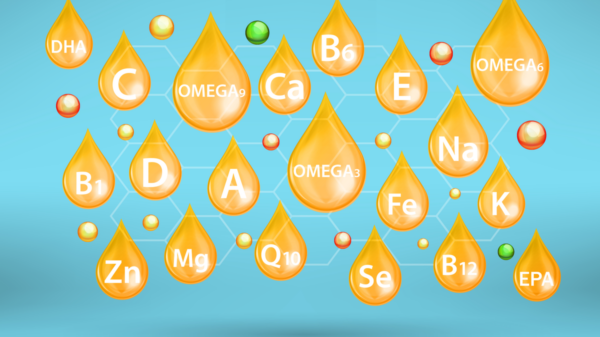Acne, which affects approximately 85% of young adults, has become one of the most common skin conditions in the world.
Salicylic acid, niacinamide and benzoyl peroxide are the conventional acne treatment along with being costly and having unwanted side effects, such as dryness, redness, and inflammation, but are proved to be the most effective acne remedies.
This has led many people to look for remedies to naturally heal acne in the home. Found in a study that 77% of acne patients tried an alternative acne treatment.
Cure of Acne
A lot of home remedies will improve the acne pimples and sores of a person. Home acne treatments include mild herbal creams and gels, natural supplements, essential oils, and a number of easy lifestyle adjustments.
Acne occurs when pores are obstructed or bacterially infected. Acne is the most common skin condition in the USA and affects approximately 80% of people during life. People may use such home remedies to compensate skin levels of oil and to avoid potential acne breakdowns, minimize inflammation and kill bacteria.
What causes acne?
Acne begins when your skin’s pores are clogged by oil and dead cells in your skin. A sebaceous gland produces an oily substance called sebum, which is attached to each pore.
Extra sebum will block pores by expanding the growth of bacteria called Propionibacterium acnes or P. acnes.
P. acnes destroy your white blood cells, which leads to the swelling and acne of the skin. While acne is serious in some situations, the most frequent signs include whiteheads, pimples, and blackheads.
The development of acne is contributed because of multiple factors, such as:
- Diet
- hormone changes
- stress
- genetics
- infections
The best way of eliminating acne is by standard clinical therapies. You may also try home remedies if further research is needed on their effectiveness.
Below we discuss the best home remedies are listed below:
Home remedies for acne
Use of natural herbal extracts, a lot of which traditional medicine practitioners have used for centuries, is some of the most common home remedies for acne.
Below, we talk about the best home remedies for acne, what the research has to say, and how lifestyle changes can help.
1. Tea tree oil
The tea tree oil is a natural anti–inflammatory and antibacterial that can destroy P. acnes, which can cause acne with this bacterium. The anti-inflammatory properties of tea tree oil also allow it to reduce pimple swelling and redness.
How to use tea tree oil for acne?
In creams, gels or essential oils, people may add tea tree to treat their acne. Dilute it in a carrier oil first if people use essential oils. There is a range of items of tea tree oil listed online.
2. Jojoba oil
Jojoba oil is an extracted natural waxy material from jojoba shrub seeds. Waxy substances in jojoba oil can help regenerate damaged skin, wound healing, including acne lesions, can also be accelerated.
The compounds in Jojoba oil can help reduce skin inflammation, reduce redness and swelling caused by pimples, whiteheads, or other inflamed lesions.
How to use jojoba oil for acne?
Try blending and applying basic jojoba for acne with a gel, cream or clay face mask. If not, put a few drops of jojoba oil on a pad of cotton and gently rub over acne sores. Jojoba oil can be purchased online or at health stores.
3. Aloe vera
One of the most effective natural antibacterial and anti-inflammatory plants, Aloe Vera, helps to reduce acne and prevents acne breakouts.
Aloe vera is full of water and an excellent humidifier. It is also particularly suitable for people who get dry skin from other anti-acne products.
How to use aloe vera gel for acne?
Try to disinfect the acne sores and use at least 10% aloe vera content in a thin layer of cream or gel.
Otherwise, gels or creams that contain aloe vera can be used by people to moisturize. These can be purchased online or in health care stores.
4. Honey
Honey has been used for thousands of years to treat skin diseases like acne. It contains several antioxidants which can contribute to the removal of waste from clogged pores.
Due to their antibacterial and wound healing qualities, doctors use honey in the dressings of the wound.
How to use honey for acne?
Apply honey on a cotton pad or finger and rub it on the pimples. Another alternative is to add honey to a body or face mask and then apply it.
5. Garlic
Garlic has been used by many traditional practitioners to cure diseases and increase the ability of the body to combat germs and infections.
Garlic consists of compounds of Sulphur, which have anti-inflammatory and natural effects. Organosulfur compounds can also support the immune system to combat infections.
How to use garlic for acne?
People should add more garlic to their diet in order to fight against inflammation and infections caused by acne.
Some people chew whole cloves of garlic or turn them into a hot beverage, apply it on a toast. Garlic powders or tablets can also be bought from most groceries and in natural skincare stores.
Although several online outlets advise people to directly apply garlic to pimples, this might lead to more skin irritation. You can burn your skin with garlic, so always use it with caution.
6. Green tea
Green tea contains high levels of the catechin of the polyphenol group. Most individuals with acne have too much sebum or body oils in their pores and insufficient antioxidants.
Antioxidants boost the body by breaking down chemicals and waste products that can kill healthy cells. Green tea also helps remove some of the waste and debris in open acne sores.
The compounds in green tea can also help to:
- Visibly reduce the sebum production of the skin.
- Reducing the inflammation.
- Reduce P. acnes.
How to use green tea for acne?
Green tea may either be of benefit to people if they drink it or if they use green tea extract on their skin.
Green tea is easily available in markets or grocery stores. It is difficult to find green tea extract, but it can be found online or at health stores.
7. Echinacea
The purple coneflower known as Echinacea, Echinacea purpurea contains compounds that support kill bacteria and viruses, including P. acnes.
Many people believe Echinacea can improve and reduce immune illness, including colds and flu; you can use it to avoid or fight infections.
How to use Echinacea for acne?
Acne lesions or Echinacea supplements can be taken, or people can apply Echinacea-containing creams. Echinacea products are available as creams or supplements in healthcare stores or online.
8. Rosemary
Rosemary extract, or Rosmarinus officinalis, contains antioxidant, antibacterial and anti-inflammatory chemicals and compounds.
9. Coconut oil
Coconut oil contains anti-inflammatory and antibacterial compounds. These characteristics can cause the coconut oil to kill bacteria that cause acne and minimize swelling and redness of pimples. In open acne sores, coconut oil can also help speed the process of healing.
How to use coconut oil for acne?
Try directly to rub acne with pure virgin coconut oil. Search for coconut oil online or in the natural food section of health stores.
10. Apple cider vinegar
Apple vinegar has malic and lactic acids that can contribute to skin exfoliation and drying out of acne. Mix apple cider vinegar and water with a cotton ball in equal parts for a DIY toner, and shake well before use.
Acne treatment with supplements
You can also treat acne with supplements:
· Fish oil
There is some evidence that adding omega-3-rich fish oil to your diet can minimize acne severity in some individuals. However, some patients have worse symptoms. The results can vary from individual to individual.
· B vitamins
Some people with acne can benefit from the supplementation of B vitamins. However, in some people, high-dose B12 injection can result in acne.
· Zinc
In some studies, oral zinc supplements are shown to cure acne severity, and zinc plays a key role in the maintenance of skin health.
· Vitex
Chasteberry, also known as Vitex agnus-castus, can reduce acne before menstruation as its capability to affect specific hormones, including estrogen. Still, further research is required.
· Barberry
Berberis vulgaris L., also known as Barberry, is enriched with anti-bacterial and anti-inflammatory properties. Acne lesions can be substantially reduced based on some findings when supplemented with barberry extract.
· Probiotics
Some research indicates that probiotics may reduce skin inflammation and other acne symptoms, but further studies are necessary in order to find out which strains are most effective.
· CBD
CBD, known as cannabidiol, has powerful anti-inflammatory and antibacterial properties, and in a test tube trial, it has been found to minimize inflammation and control the formation of sebum in human skin cells.

